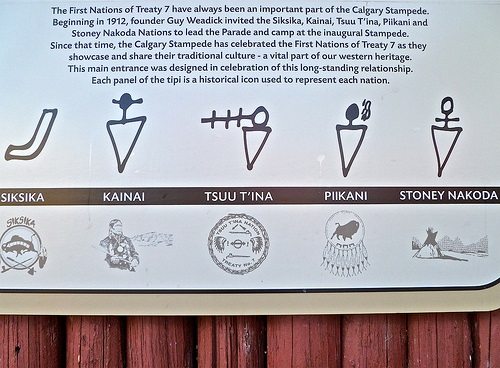
June 12, 2014; Beacon News
We have noted an increase recently in discussions critical of top-down approaches to social improvement, both in the United States and internationally. In that vein, we found this article especially clear about the reasons why. In Calgary, the Impact Society is designed to help corporations create working relationships with First Nations that are based on a different set of assumptions than those the corporations currently hold.
The group’s CEO, Jack Toth, says that First Nations leaders are tired of “companies [that start] with an assumption of community dysfunction.”
Sign up for our free newsletters
Subscribe to NPQ's newsletters to have our top stories delivered directly to your inbox.
By signing up, you agree to our privacy policy and terms of use, and to receive messages from NPQ and our partners.
“Successful relationships start with a fair assessment of both partners’ strengths and needs. By focusing on strengths, both parties have the potential to multiply those strengths and close gaps,” says Toth. “This process teaches each side to listen to the other, leading to trusting relationships, social change, and economic growth.”
Toth believes that companies tend to see themselves as strong, with few weaknesses, and that their assumptions, far from true, lead most corporations to wrongly take a transactional approach toward First Nations relationships.
“First Nations insist on being consulted well before project or community investment planning even begins. They need to be the ones who are met with first,” Toth says. “Sit down to understand their perspectives and needs and build those perspectives in from the start. Don’t come to them and say, ‘This is what’s going to happen, what do you think?’”
Toth notes, “Although dysfunction does exist, within the communities are also many strengths. When we focus on assessing community strengths as a starting point, we get a very positive response. And when we focus on strengths, we increase resilience, and reduce dysfunction.”
Joni Avram, writing for Beacon News, observes, “At a time when access to international markets remains the sector’s biggest problem, and the eyes of the world focus on how Canada relates to its First Nations peoples, replacing a still largely one-sided, outdated approach to Corporate Social Responsibility with one focused on mutual respect and shared value offers a unique opportunity to earn not only the social license to operate, but enormous economic and social returns—and the trust and respect of an increasingly skeptical public.”—Ruth McCambridge












